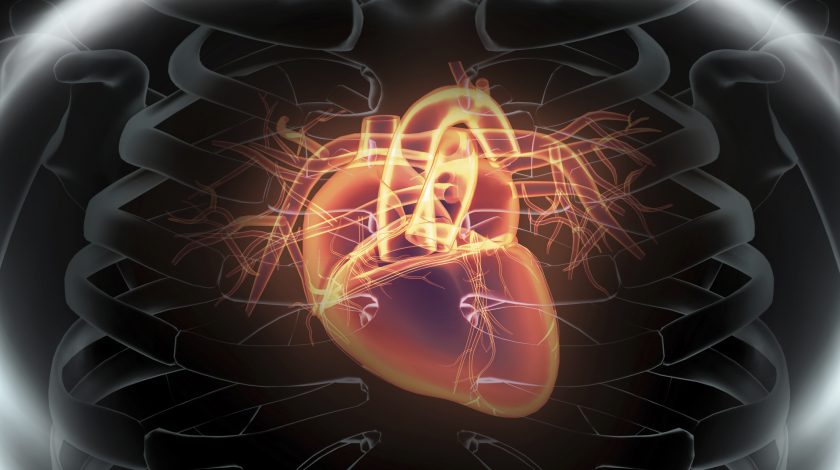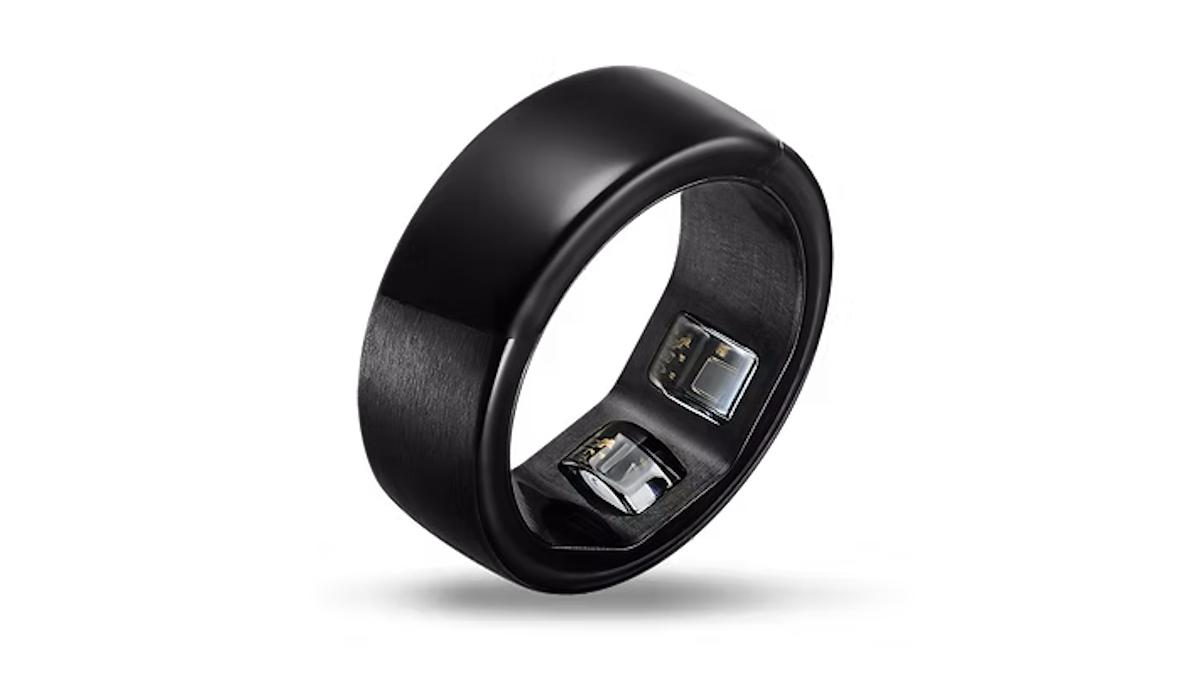Crowdsourcing campaign looks to improve heart health diagnosis

A crowdsourcing smartphone campaign has been launched to help improve heart health diagnosis.
The initiative asks people to donate heart rhythm data through the Heart for Heart smartphone app. Users do so by placing their finger over their phone's camera and flash.
Users do so by placing their finger over their phone's camera and flash. Using the LED light, the idea is to create a tool similar to a pulse oximeter. These devices measure light absorption by the blood.
In this case, more blood in the user's finger with absorb more light, indicating a higher heart rate. Built-in algorithms then detect the user's heartbeat and gather data over 90 seconds.
The Heart for Heart campaign is being run by Dutch mhealth specialist Happitech, the Arrhythmia Alliance, and tech company Bug Labs.
Data from the study will be gathered and displayed through Bug Labs' freeboard - an open data display website.
Doctors can use the platform to visualise their patients' heart rhythms in real-time. Cases of AF can then be diagnosed earlier and treatment can be given sooner.
The campaign intends to improve professional understanding about AF as well as pick up unreported cases of the condition.
According to the Arrhythmia Alliance, around 1 million cases of AF are undiagnosed in the US alone. The condition is the second leading cause of stroke, causing around 800,000 to 850,000 hospitalisations and 250,000 sudden deaths annually in the US.
“Intermittent AF can be difficult to diagnose. Many heart rhythm disorders are only briefly present and people miss out on a proper diagnosis," said Jonas de Jong, electrophysiologist and founder of ECGpedia.org. "Being able to detect AF on the spot improves its diagnosis, allows for its proper treatment and will positively alter the prognosis.”
Crowdsourcing
Crowdsourcing data via smartphones is an increasingly useful tool for medical research.
IBM is one taking full advantage of the technology. It's World Community Grid platform crowdsources data for research in cancer, tuberculosis, Ebola, Zika virus and HIV. In this case, the Grid's smartphone app runs in the background, using the device's processing power to perform virtual experiments.











